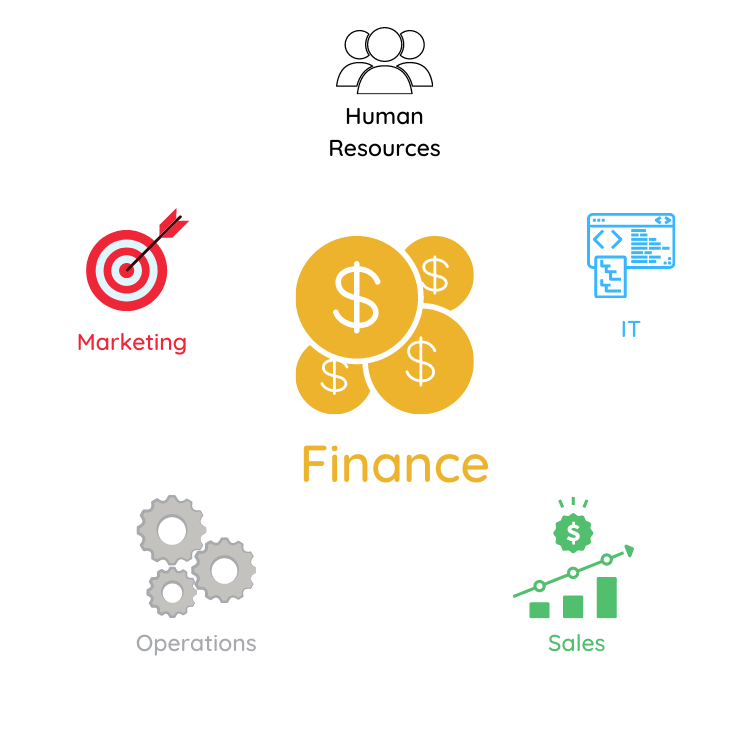Studying Finance at American International University
October 14, 2020

It is often said that "finance oils the wheels of industry, commerce, and progress". This is almost certainly the case in Kuwait, the wider Gulf Region, and other parts of the modern world. The field of finance draws on ideas from economics, psychology, accounting, mathematics, and other numerate fields. Whilst financial theories and concepts do indeed have mechanistic aspects, the business of finance can be very interesting when expertly applied! The financial practice is subject to human involvement, which means theories of finance are sometimes approximations, with unpredictable or debatable outcomes. The astute application of sound financial principles enables companies to make risk-appropriate decisions that maximize profits, by increasing revenues, market share, or introducing new products and services, whilst controlling expenditure. Prudent finance helps maximize shareholder wealth and stakeholder satisfaction with the enterprise.
The AIU Finance concentration, within the BS Business program, prepares graduates for both regular and more advanced financial management roles in companies. Students on the program learn the principles and practice of modern financial management, in a corporate setting. They learn about capital budgeting (what long-term investments to make), capital structures (where to seek the long-term debt or equity financing to pay for investments), as well as working capital management (how to manage everyday financial activities). They are taught how to value streams of future income flows (an essential aspect of project valuation) and how to make sound rule-based capital investment decisions, within the over-arching framework of the twin concepts of risk and return.
Whilst on the AIU finance program, they learn the fundamentals of financial management, risk and return, net present value analysis, efficient market hypothesis, and portfolio theory. They are schooled in the “art” of investment decision-making, risk analysis, and application of financial trade-offs. A number of segments of the finance program look at issues specific to complex corporations, particularly large listed companies. These cover capital structures, capital markets, gearing, equity financing, project evaluation, dividend policy-making, and as well as mergers and acquisitions (M&A).


At appropriate points of the AIU Finance program, comparisons are made between conventional and Islamic finance, to help with both contextualizing and localizing the practice of financial management, with special emphasis placed on the banking sector. Comparative treatment of asset-based lending, service-based, and partnership contracts will be carried out for the various financial regimes. The program provides an overview of methods for analyzing finance-related performance ratios and how to formulate dividend policies. Students are familiarized with the concepts of cost of capital, risk, and uncertainty in capital budgeting decisions, as well as essential elements of international finance.
The program additionally teaches contemporary techniques for entrepreneurial finance, which involves the strategies and options available for financing new ventures. This aspect of the finance program is an important one for the country of Kuwait and involves learning techniques for analyzing financial statements for new ventures, evaluating financial performance, valuation of early-stage ventures, cash flow management, venture capital valuation, alternative financing options, and harvesting of venture investment.
The AIU BS-Business Finance program is delivered in an applied manner, by experienced and expert instructors, with numerous contextualizing case studies and simulations, supported by the use of modern financial management software and computer-based Enterprise Resource Planning (ERP) systems.
- Dr. Anthony Ayoola

